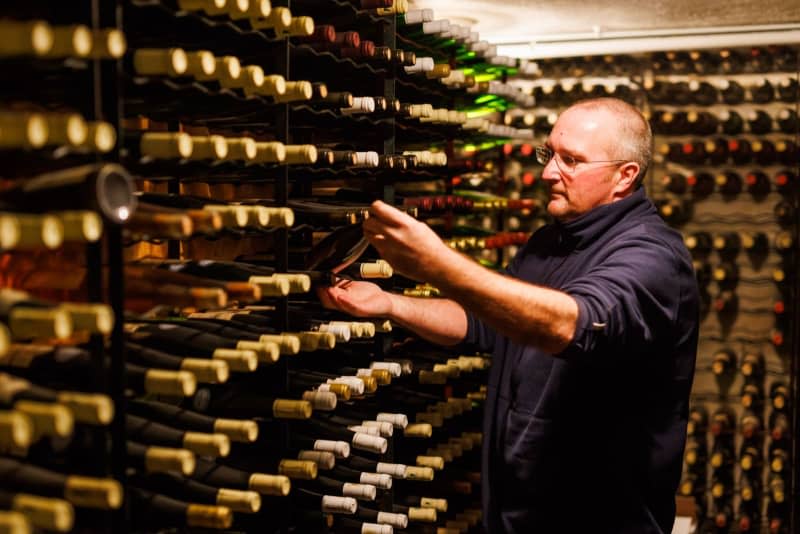Struggling wine growers in France rebrand to woo young enthusiasts

A new advertising campaign for Bordeaux wine focuses on young wine drinkers worldwide in hopes of giving Bordeaux wines a more modern image.
The campaign, dubbed "Join the Bordeaux crew," for international exports, is a collective effort and the first of its kind in about 10 years.
Winegrowers from the region also plan to offer different wines, such as organic ones, to reach more consumers.
In the wake of recent farmers' protests in France, which also erupted across Europe, the French government has pledged €80 million ($86 million) this year in emergency funding for struggling winegrowers in France.
Although the emergency aid may save the winegrowers from ruin, it is not enough to enable them to make a living from their profession, the winegrowers' association in Bordeaux says.
The wine harvest in the region was 7% lower last autumn. They say the yield of red Bordeaux wines was even 26% lower than the previous year.
In addition to the poor harvest, winegrowers struggle with sales problems due to declining wine consumption in France as well as export problems. The winegrowers' association has been calling for a united front to save viticulture in the Bordeaux region.
In view of a historically low harvest of just over 900,000 hectolitres of red Bordeaux wine, it is unacceptable to sell the wine below the cost of production, they say.
Wine consumption has been on decline in France for several years, falling by around 70% in 60 years, from over 120 litres per person annually to less than 40 litres in 2020, according to the Vin & Société industry association.
Industry experts say lifestyle changes are to blame for the declining popularity of wine. Meals that were traditionally accompanied by a glass or two of red or white are losing significance, and many families no longer pass on the culture of drinking wine.
Meanwhile the number of people living alone is increasing. Wine, however, has always been more of a communal drink, with a bottle shared among friends or at the dinner table.
In addition to declining consumption, winegrowers in France are also struggling with increasing periods of drought.
In the long term, France's wine industry must prepare itself for the necessary adaptations to climate change, the Agriculture Ministry has warned, with the government planning to help come up with a strategy.
The French Viticulture Institute advises winegrowers to cultivate more climate-resistant vines and to take steps to make winegrowing as climate-neutral as possible.

